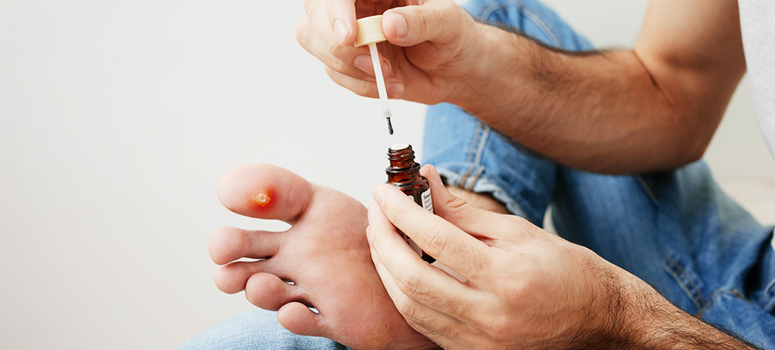Warts are viral infections of the Human Papillomavirus (HPV) family. The condition is a result of the virus coming in close contact with the skin. Warts mostly appear on damaged skin where the virus can easily penetrate it and cause infection. You stand at a higher risk of infection if you come in close contact with an infected person or have a weak immune system. Generally, warts aren’t life-threatening , but they are a sore sight for eyes, highly contagious and at times, they can also be painful. However, they are not cancerous. Common warts, plantar warts, and genital warts are some of the types of warts that infect people.
What are common warts?
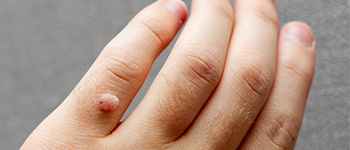
Common warts are round, grainy, rough, and slightly raised from the skin’s surface. They can be transmitted to any other area of the body and even to a healthy person through touch or other forms of direct contact. After the virus has infected the site, it usually takes around two-six months for warts to develop and appear on the skin. Common warts usually disappear within six-18 months and do not require any treatment. However, people prefer to take medical assistance when home remedies don’t work.
What causes common warts?

What are the symptoms of common warts?
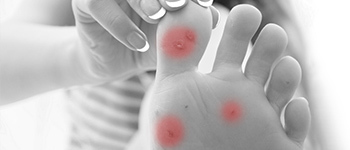
- Small, round, grainy, and hard lumps on the surface of the skin
- Clotted blood vessels
- Rough to touch
- White, pink, or flesh-colored
- Painful
What are the risk factors of common warts?
Children or young adults are more prone to contract the infection as their immunity is not as strong as that of regular adults. At times, the genetic make-up or a compromised immune system makes certain people more vulnerable to the infection. AIDS and diabetes patients, or those who have had organ transplants are at a higher risk as well.
How can you treat common warts?
There are several ways to treat common warts. The primary goal is to knock out the warts completely and stimulate a stronger immune system to fight the virus. While treating warts, people often opt for self-treatment using salicylic acid as it’s the least painful or a home remedy. But this is usually not enough to get rid of warts. So, depending on the severity of the warts, experts suggest patients to go for other treatments like cryotherapy, laser surgery, or other medications.
• Salicylic acid

• Duct tape
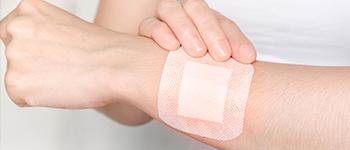
• Cryotherapy
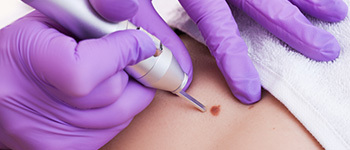
• Surgery/curettage
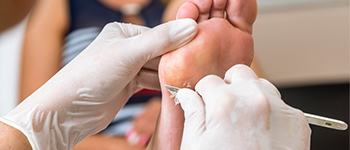
• Laser surgery
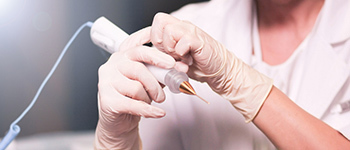
How can you prevent common warts?
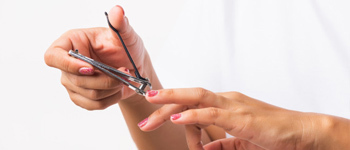
- Avoid direct/close contact with an infected person
- Maintain good hygiene
- Avoid biting nails as warts usually occur in areas with broken skin
- Avoid using the same nail clipper and nail file on your warts. This can contaminate healthy skin and nails
Want to know more about common warts? Hear an expert talk about them:
Dr.Shruti Patel
Conclusion
Though common warts can affect people of any age, they are more common in children and young adults. Most warts are harmless and don’t usually require medical attention. Since common warts are caused through a viral infection, utmost care must be taken to avoid being infected. Not just that, a person with warts should also practise caution in order to not infect others. One must prioritise good hygiene and maintain a healthy immune system to avoid growth of warts.

